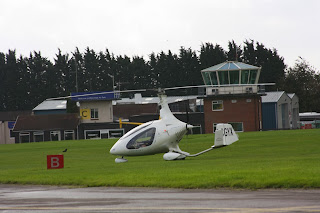 |
| Nato bombed government building |
 |
| We saw an Orthodox wedding taking place in this church |
We started in Belgrade, which has a mixture of old and new buildings. This is partly because, being a Balkans' country, they have a history of war and destruction. At one point the guide told us with pleasure that there was a period of 130 years of peace. 130 years! Not much peace in a couple of millennia.
In spite, or perhaps because, of this history of war, the Serbians know how to live it up and there are plenty of bars and restaurants in Belgrade. Places were full of music and dancing. Two nights we went to restaurants with live music, and one evening we danced between the tables - apparently later it is on the tables. However, most of the food was awful, and the wine was for those who like quantity rather than quality.
We saw a few heros, including Victor Winner here who was moved from the town square out to the Kalemegdan Fortress after complaints from 'local ladies'. Perhaps they were disappointed by his big feet.
On Saturday we visited Tito's tomb. He died in 1980 and apparently his wife was under house arrest for the next 33 years, until her death this year. Her book about Tito has just been published. The tomb was interesting but lacked flamboyance. There were lots of statues in the gardens, copies of famous statues elsewhere and by well-known (at least in Serbia) Serbian sculptors.
On Sunday we took a coach to Novi Sad, the second largest city in Serbian and known for its heavy bombing and complete bridge destruction in 1999. An interesting and historic town, much of which still remains intact. On the way we stopped at a former monastery with a wonderful atmosphere and antique and soulful wall paintings. We also visited a vineyard, some nice wine, some rather strange, and a centre of beekeeping.
It struck me that Serbia is still trying to come to terms with its past. Its history is so full of war, confusion and regulation that it will take years to get used to the freedom and peace of the present. Our guide told us that jobs are few, particularly for the middleaged, and that social security is insufficient to live on. The government is not rich. Serbia is in the process of joining the EU, she has been accepted and should be a member by 2014, however we saw no signs that they were joining the currency, so presumably this is just an initial stage. What happens next will probably be a slow acceptance into the bigger European community, but one thing is certain, Serbia could do with more than 130 years of peace in this millennium.
 |
| Victor Winner |


